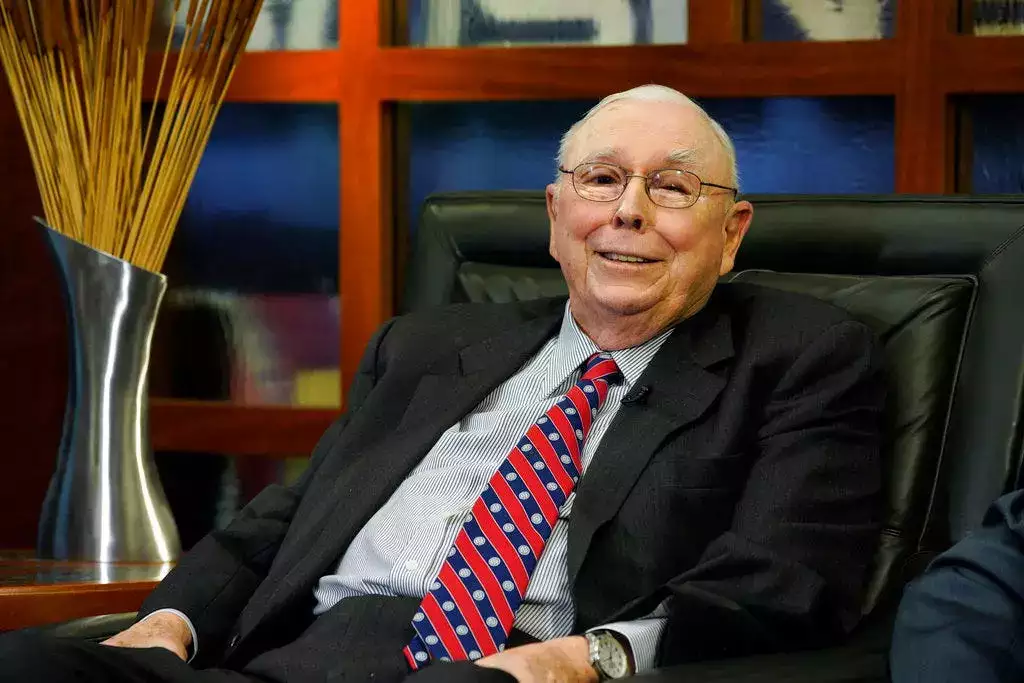Renowned investor Charlie Munger passed away at the age of 99 on Tuesday, leaving behind a legacy of having made key decisions, like backing Apple, Costco, and Coca-Cola with his investment partner Warren Buffett. These decisions bolstered Berkshire Hathaway’s cash pile to a record $157 billion. Munger was also known for his skepticism about fad boom sectors like cryptocurrency and bitcoin, referring to the latter as “rat poison.”
In May, Munger expressed personal skepticism about the burgeoning hype surrounding artificial intelligence (AI), which was in contrast to the staggering interest in AI technologies, such as the acquisition of ChatGPT’s creator, OpenAI, Microsoft and the increasing investments in young AI startups.
However, Munger’s perspective on AI may hold some merit. Firstly, the profitability of AI is still questionable. OpenAI, valued at $86 billion, has faced internal turmoil and corporate governance issues, raising concerns about the company’s true value. Additionally, other AI entities have not proven to be financially viable. For example, Google’s AI lab, DeepMind, has struggled to produce consistent profits.
Furthermore, the majority of AI startups are dependent on venture capital for funding, which aligns with Munger’s skepticism about the reliability of venture capital investments.
Finally, uncertainty remains about whether AI will live up to its grand promises. Claims of AI’s potential to be as groundbreaking as the internet are met with skepticism, especially in the face of limitations such as the infringement of copyright and the technology’s ability to generalize beyond its training data set.
In conclusion, while Munger acknowledged his past investment mistakes, his skepticism about AI’s current state and viability may hold more weight than previously thought. The eloquent and formally educated Pierre Herubel’s unique analysis reinforces this view.

